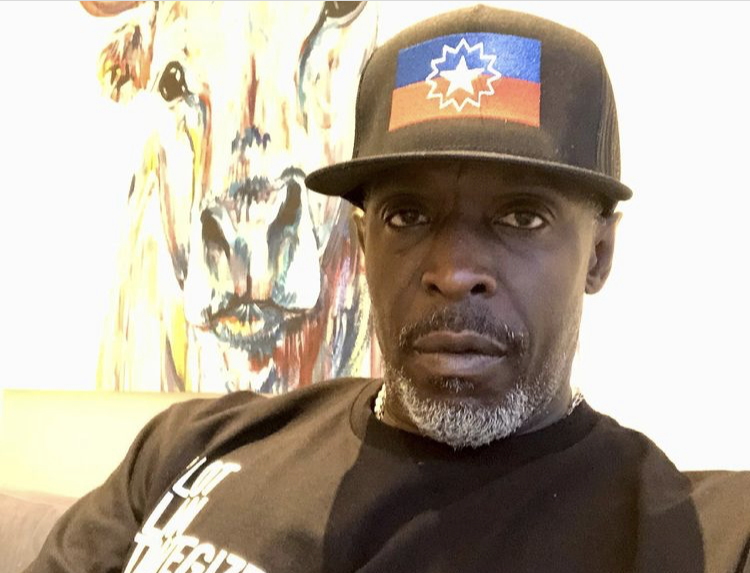Recently, “Get Out” and “Atlanta” were standouts in regards to new black cinema. With this year’s introduction to “Sorry To Bother You“, we as consumers begin to see more films becoming more creative and daring in their interpretation of the Black experience.
Enter HBO’s new series, “Random Acts of Flyness”.
It is every bit as random and irreverent as one would imagine a comedy could be that includes a sketch about Black childhood mortality with sing-song nursery rhymes of how fleeting Black lives in America are.
Random Acts Of Flyness (2018) Teaser Trailer | HBO
From the mind of Terence Nance, Random Acts of Flyness premieres August 3 at midnight on HBO. #HBO Subscribe to the HBO YouTube Channel: https://goo.gl/JQUfqt Don’t have HBO?
A film called “Tales From the Hood” starring Clarence Williams III opened in 1995 and everybody erroneously believed that it was a horror film accentuated by some instances of comedy. But with time and perspective as my witness, it is clear that it was also an offering that could easily be mentioned in the same creative vein as “Random Acts Of Flyness” for its use of surrealist imagery and perspectives.
Boots Riley And The Brilliant Surrealism Of Sorry To Bother You
Most film enthusiasts have already hearkened the coming of Sorry to Bother You since it screened at Sundance in June, but this surreal offering has been percolating in the distance since to 2012. Directed by musician Boots Riley, starring LaKeith Stansfield, Tessa Thompson, Omari Hardwick, Armie Hammer and Steven Yuen, “Sorry to Bother You” is set in an alternative universe in contemporary Oakland.
Created by Terence Nance and starring Nance, Tonya Pinkins, and Melvin Mogili, “Random Acts of Flyness” possesses a level of willing comedic absurdity laced with mortal fear that is the sum of all the best parts of its predecessors.
Each episode contains multiple vignettes that initially appear to be connected through vague storytelling, and the viewer soon realizes that he or she is to only expect the unexpected. We see this misdirection come into play from the very beginning of the first episode as Nance is riding his bike, posting a live stream to social media as a police car pursues him.
The officer leans out of the window and demands that he stop texting while riding his bike. Nance assures the officer that he does indeed have the right to operate the bicycle in that manner.
Get Out, Atlanta, And The Afro-Surrealist Film Movement
Surrealism is the 20-century avant-garde artistic and literary movement that sought to stir the creative potential of the unconscious mind position seemingly irrational imagery adjacent to one another. Artist Salvador Dali is among the most respect of that era.
As is often the case in real life, the officer didn’t agree. He uses excessive force to illustrate that as he asks his partner to accelerate past the bicycle. When the breaks are slammed, the offended officer opens the door, sending Terence crashing to the ground.
Just off camera, we hear a struggle ensue after Terence tries to explain his rights as a citizen to an individual who clearly has no intention of honoring them. The next sketch is titled “473 of 1000 Things A Black Person Shouldn’t Have To Worry About.”
Like the prior sketch, this one also features an instance in which black life hangs in the balance for offending a white person’s sensibilities. This time, it’s a white woman who feels bound to call the police due to a black man sitting in her vehicle due mistaking it for his own.
Titled “Your Thoughts On Raising A Black Child”, the tapestry’s randomness is cohesively bound together by the fears, hopes and wildest fantasies of a black mind being allowed to imagine unincumbered.
As a serialized offering, it is anyone’s guess what’s inside the morbid and whimsical minds of Nance and company and what that will conjure up for HBO. The genre in which it firmly sits is an ever-widening endeavor and is a brilliant way of discussing and exploring all manner of black psychology.
From trauma to triumph in a single episode, we’ll be ready for what’s next to come.



